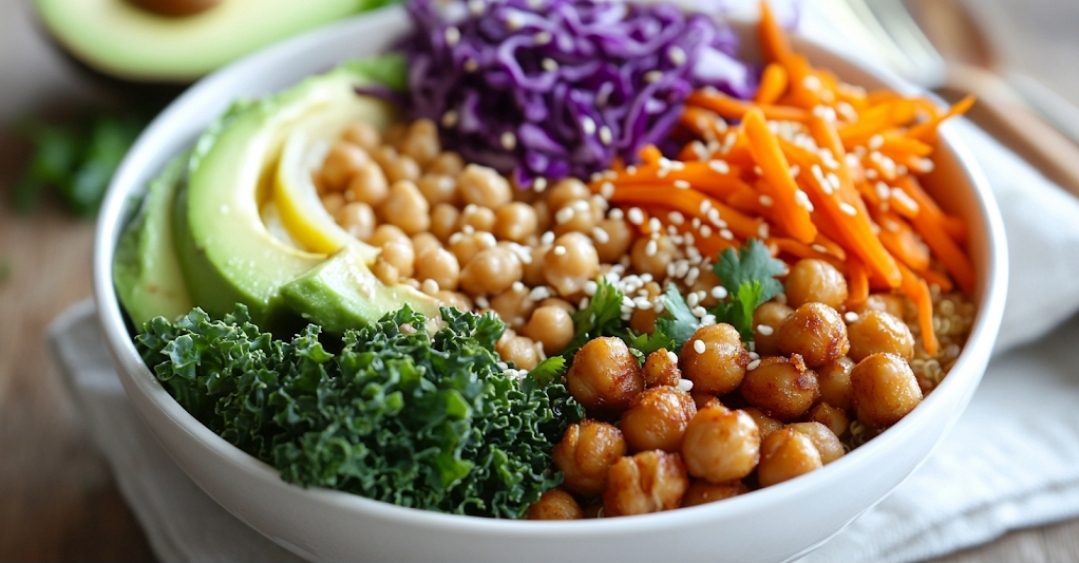Finding the Best Milk for Chronic Kidney Disease: A Complete Guide
If you have chronic kidney disease (CKD), choosing the right milk can make a big difference in your health. In this guide, we’ll explore various types of milk, including cow's milk, almond milk, oat milk, rice milk, soy milk, and more. I’ll also share what to look for when selecting a kidney-friendly milk and specific brands that meet these criteria. Let’s dive in!
What Makes a Milk Kidney-Friendly?
For people with CKD who are not on dialysis, protein content in milk is a key consideration. One cup of regular cow's milk contains about 8 grams of protein, which can be as much as 20% of your daily protein intake. For many with CKD, it's better to get protein from other sources. This is where plant-based milk alternatives come in handy, offering lower protein content and a wider variety of choices.
Other Important Factors to Consider:
Phosphorus:
Cow's milk is also high in phosphorus, which can harm your kidneys and cardiovascular system if consumed in excess. Many plant-based milks contain phosphorus additives, so it’s important to check ingredient labels and avoid these.
Tip: We offer a free trial of our CKD course, which includes a module on managing phosphorus intake. I’ll include a link in the description if you want to learn more.
Sodium:
Many plant-based milks contain more sodium than calories, which can be tricky if you're managing your salt intake. However, if you have flexibility in your daily sodium allowance, plant-based milk could be a good place to use it.
Tip: Look for a milk with less sodium than calories or consult our guide for specific low-sodium brands.
Potassium:
- Depending on your stage of CKD and dietary recommendations, potassium may or may not be a concern for you. If your doctor or dietitian advises you to limit potassium, aim for a milk with less than 200 mg per serving.
Let’s Explore the Types of Milk
1. Almond Milk
Almond milk is a great option for CKD. It’s low in protein, though often higher in sodium. Fortunately, many brands don’t contain phosphorus additives, and almond milk is typically low in potassium but high in calcium. Depending on your specific needs, almond milk might be a perfect fit. Check with your dietitian to see if calcium or potassium content is something you should watch closely.
For kidney-friendly brands: Visit our website for a list of low-protein, phosphorus-free almond milk brands. We also provide links to Amazon for pricing and reviews.
2. Coconut Milk
Coconut milk is another solid option for those with CKD. It’s naturally low in protein, but be cautious as many brands contain phosphorus additives. Always read ingredient labels carefully or refer to our website, where we’ve already listed phosphorus-free coconut milk options.
Coconut milk is high in calcium, so make sure to check with your healthcare provider if calcium intake is something you should monitor.
3. Cow’s Milk
Unfortunately, cow’s milk isn’t recommended for people with CKD due to its high protein and phosphorus content. If you're managing your kidney health, it's best to avoid cow’s milk and opt for plant-based alternatives.
4. Oat Milk
I advise avoiding oat milk altogether if you have CKD. After reviewing the USDA database, I found that all oat milk varieties contain phosphorus additives, making them unsuitable for a kidney-friendly diet.
5. Pea Milk
Pea-based milk is another option I wouldn’t recommend. These milk substitutes have protein levels similar to animal milk, which can be too high for people with CKD.
6. Rice Milk
Rice milk, also known as rice drink, is a popular low-protein, low-sodium option. It's usually very low in potassium as well. However, the calcium and phosphorus content can vary widely. For example, Rice Dream offers a classic version with no phosphorus additives and a low calcium content, while their enriched version contains added phosphorus and higher calcium levels.
Recommendation: Choose the classic version if you're managing phosphorus intake.
7. Soy Milk
Soy milk tends to be higher in protein than other plant-based alternatives, so I recommend avoiding it if you're aiming for a low-protein diet.
Final Thoughts
In summary, the best milk options for those living with chronic kidney disease are almond milk, coconut milk, and rice milk. These choices are typically low in protein and free of phosphorus additives, making them ideal for maintaining kidney health. To make things easier, visit our website for specific brand recommendations that are currently available.



Comments
Post a Comment